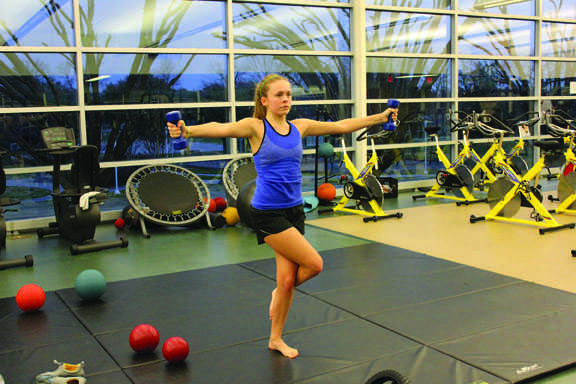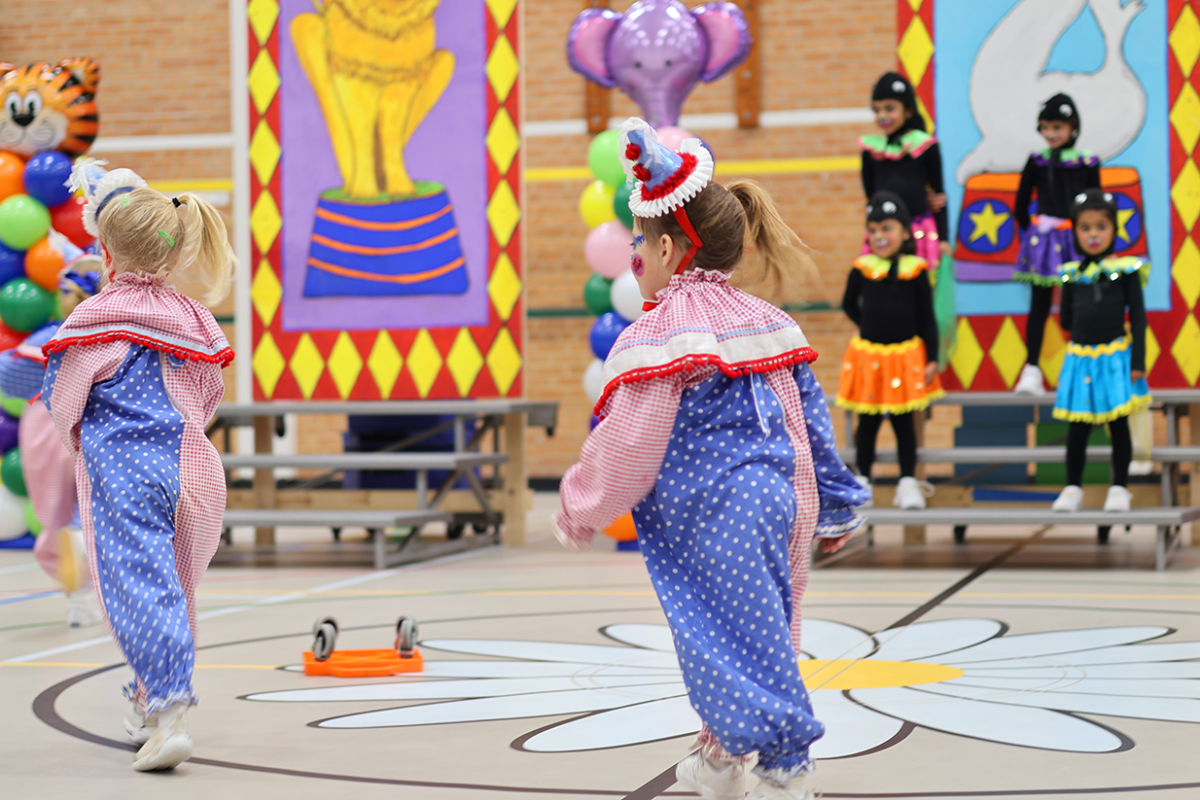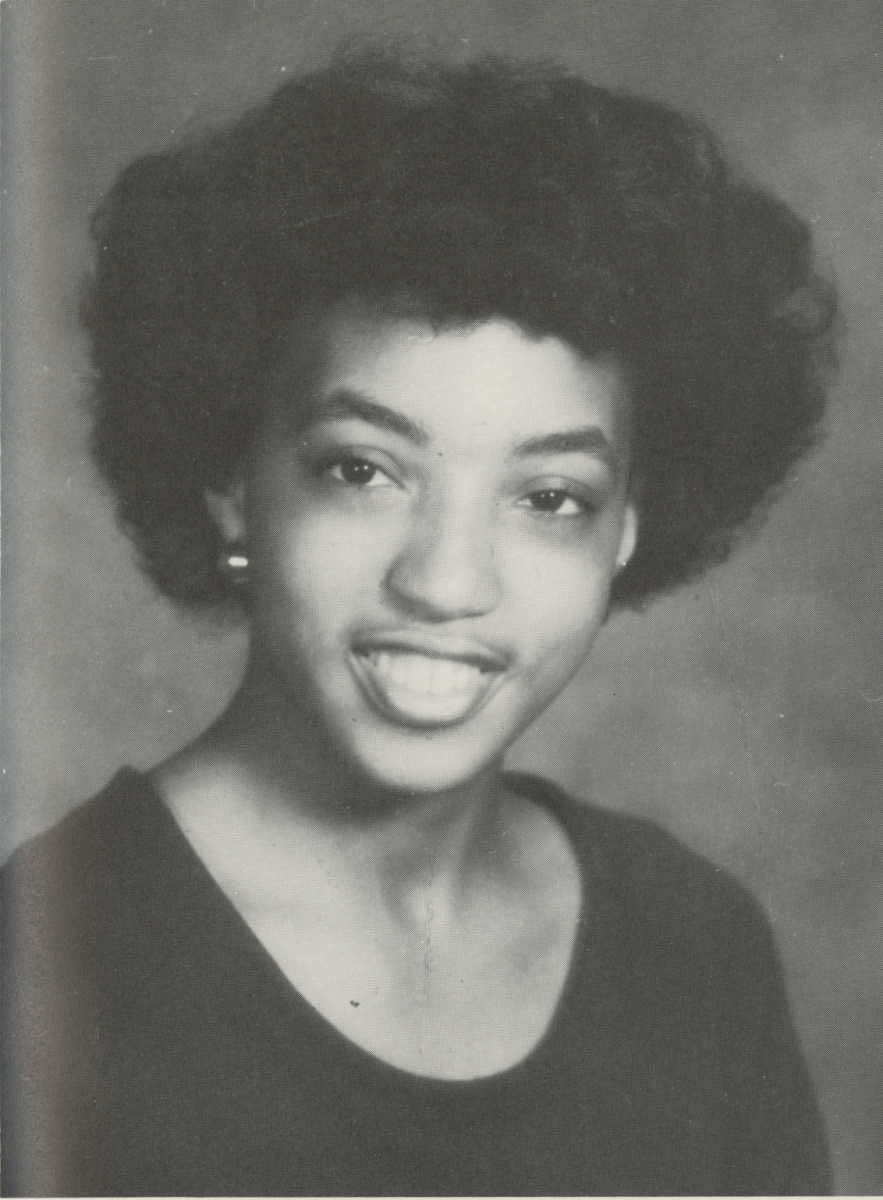
Despite a trend of cutting physical education in public schools to eke out more time for core subjects, a growing body of research suggests that including exercise in a daily routine could result in a variety of positive effects on learning.
Top researchers suggest that approximately 20 minutes of vigorous exercise can improve cognitive function so that studying and tests are easier. In more scientific terms, studies have found that exercise actually stimulates the prefrontal cortex- the front part of the brain, where focus, organization and prioritization are controlled.
“It [exercise] promotes a process called neurogenesis, or ‘growing new brain cells,’” said Dr. John J. Ratey, in “Brain Games,” a CBC documentary. “There’s nothing that we know of that does that better than exercise.”
Ratey, an associate clinical professor of psychiatry at Harvard Medical School, became one of the world’s leading researcher on the study of exercise and learning after publishing his book entitled “Spark, the Revolutionary New Science of Exercise and the Brain.” When people exercise, Ratey wrote, their behavior improves as well.
“People are sharper, more attentive, they’re less impulsive, they’re less fidgety,” he said. In addition, raising a person’s heart rate promotes their ability to sort through information and take it in.
Some Hockaday students already have found the benefits of exercise, like junior Callie, who started doing so as a freshman. She works out at the Wellness Center some mornings, runs around her home on other days and sometimes does heat yoga.
“I like doing it because I get my workout done before school and I don’t have it lingering over to the afternoon. It’s a lot easier to make excuses in the afternoon not to do it,” she said.
Callie said she feels more prepared to start her day after working out.
“It wakes me up for the day and I feel energized for my first class. I feel energized all day to get my work done.”
Sophomore Shreya, who plays competitive tennis, practices in the afternoons during the week and in the mornings on weekends.
“It’s a good way to start the day,” she said of the weekend workouts. “I wake up right away. I can tell the difference. It gets rid of that lazy feeling I have when I don’t exercise.”
Freshman Luda works out with the swim team on Tuesday and Friday mornings, which makes her feel more awake. On the days that she doesn’t lift weights with the team she feels “really, really sleepy” during first period – either free or physics.
Caroline O’Brien, mother of sophomores Gretchen and Cate, eighth grader Meg and fourth grader Elly is working towards receiving her Ph.D. by researching the effects of morning exercise on children with ADHD.
O’Brien has found that when a person uses his or her muscles, it produces chemicals in the body that “help your brain focus and attend to things.”
Scientists test the effects of exercise with brain imaging and electroencephalograms, which track brain waves, according to a variety of studies.
“Children who get more exercise, whether at school or on their own, tend to have higher GPAs and better scores on standardized tests,” an article in the Jan. 16 issue of Time Magazine reported. “The more children moved, the better their grades were in school, particularly in the basic subjects of math, English, and reading.”
This study, done by researchers in the Netherlands, reviewed 14 studies looking at the links between physical activity and academic performance.
The exact effect of exercise on the brain cannot be measured yet, but researchers suggest that the requirements for intensity and duration likely will vary from person to person. The exercise should be performed at 65 to 75 percent of the estimated maximum heart rate.
“If you go run for the next 15 years your I.Q. may not rise, but it makes how you deal with things easier,” O’Brien said. “It makes learning easier, so that’s where exercise and academics are related.”
– Emily




